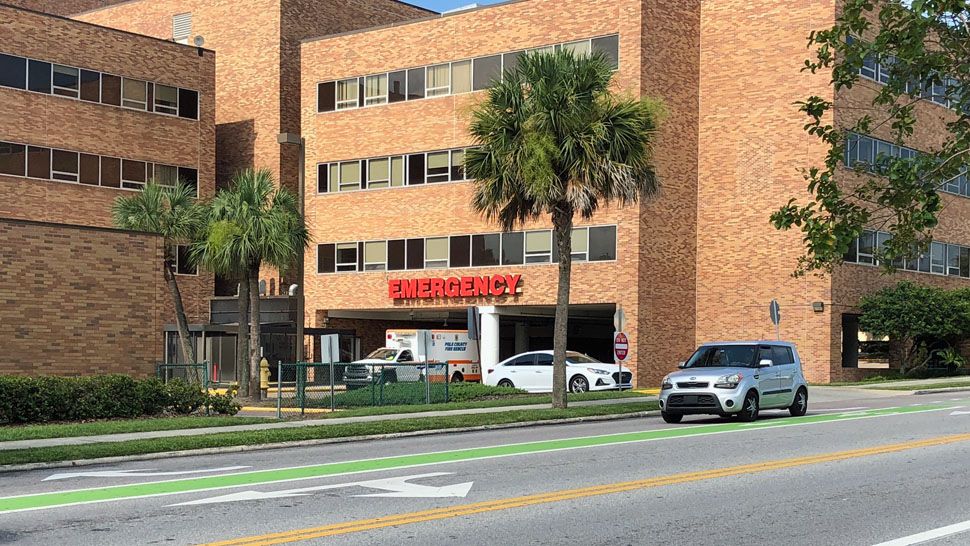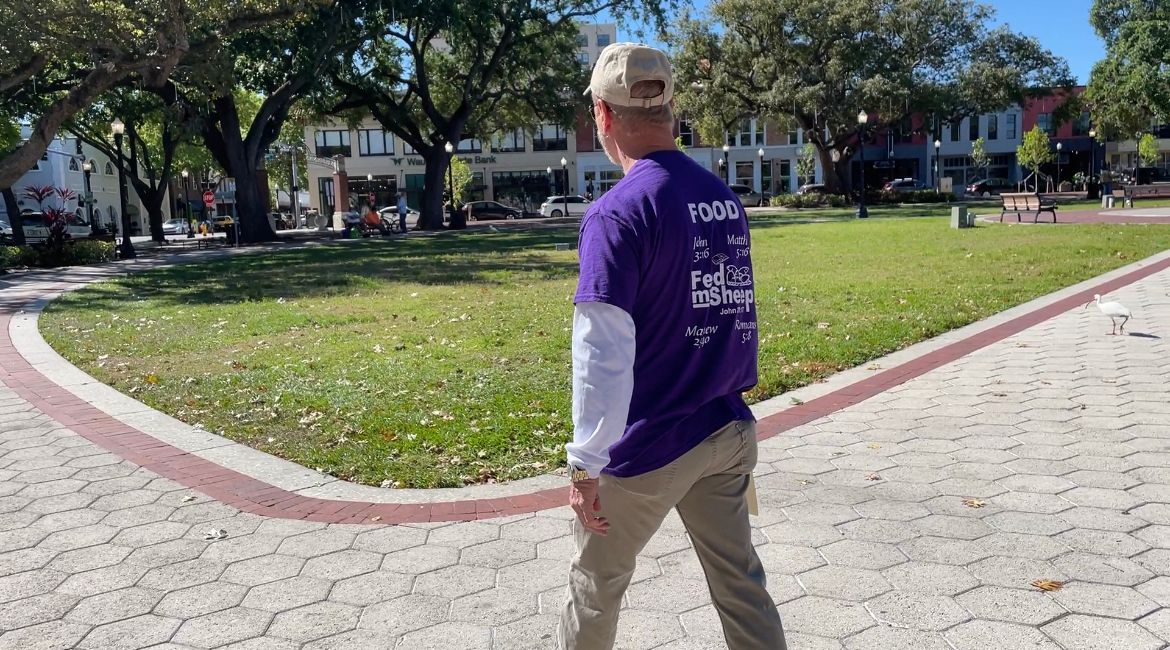LAKELAND, Fla.-- Lakeland Regional Health Medical Center's Emergency Department leads the country with the most ER visits, according to Becker’s Hospital Review. There were 210,020 visits to its emergency department in 2017.
- Lakeland Regional's ER leads country in visits
- 210,020 visits to its emergency department in 2017
- Started program expediting the process for people experiencing heart attack
Jessica York raves about the care she received there.
"It's the fastest. I've been to Brandon, I've been to Winter Haven and this is the fastest that I've ever been through Lakeland and they're awesome here," said Jessica York, saying it took her about an hour and a half to undergo examination and be admitted.
York spent four days at the hospital recovering from pneumonia.
"They don't like putting you out on the street if you're sick you know," York said. "They understood I was homeless and would have to go back to the Talbot [House] so they did what they could to keep me in."
The Talbot House is a popular shelter for homeless people in Lakeland.
Social workers also helped York obtain health insurance and housing.
She believes this type of care and support are some of the reasons why Lakeland Regional Health's emergency department had the most visits in the country in 2017.
"We've seen more and more patients actually choosing to come to us because they know we have a very efficient department," said Maureen Leckie, Associate Vice President of Clinical Operations.
Hospital officials say the shortage of primary care doctors and uninsured people in the county are also contributing factors. Lakeland Regional Health Medical Center is also the only trauma center in Polk County, which is home to more than 600,000 people, 18 percent of which are 65 years old or older.
Leckie said the average patient is admitted or discharged within two hours.
"The most surprising aspect for hospitals throughout the nation that have visited is it's hard for them to understand how we're able to do this and have such a small waiting room with no one waiting and to have no one in our halls," Leckie said.
The hospital has been working since 2010 to decrease wait times and it just started a pilot program to expedite the process for people experiencing a heart attack.
"They have a better chance of survival. They have decreased injury to the heart muscle," Leckie said, describing how the pilot program helps save lives.
Through the program, paramedics determine if the patient is having a heart attack. When the patient then arrives at the hospital, they're taken straight to the cardiologist, bypassing time in the emergency room.
"Recently we've had this week one that from the time they came in to the time the cardiologist was able to open up that artery was in 23 minutes," Leckie explained.








